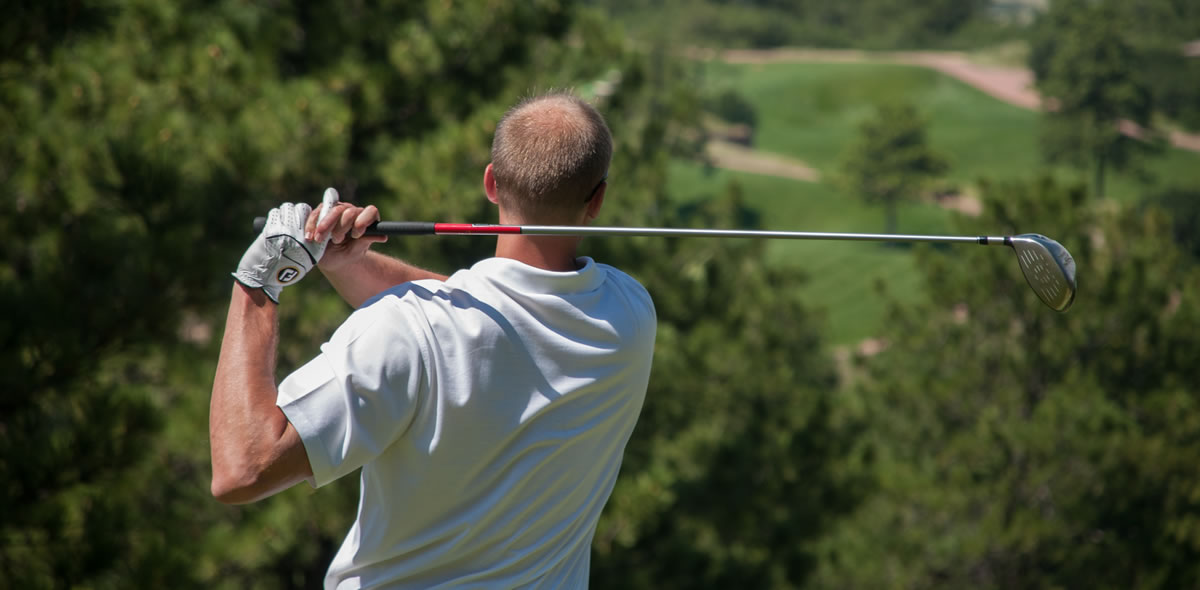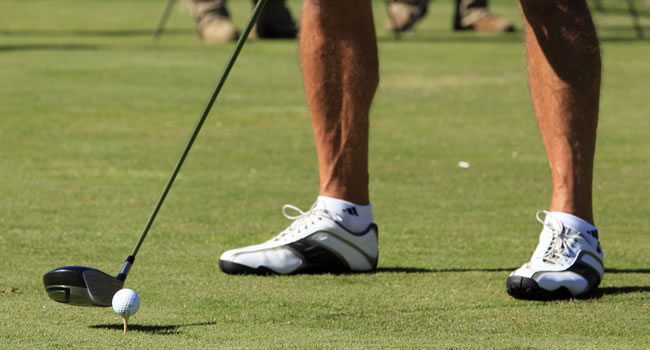It's Good to be Prepared

On a beautiful British day, little beats getting outside in the fresh air, hitting the fairway and teeing off for a game of golf. If you’re one of the million regular golf players in the UK then you will appreciate just how good this feels, not to mention the occasional satisfaction of winning and of course some welcome refreshment at the 19th hole.
In this pleasant game which is played at a sedentary pace and where contact between players rarely exceeds a handshake or high-five, it would seem unnecessary to worry about injury and insurance – but it is. From A-listers including Justin Timberlake, Cameron Diaz and Sean Connery to everyday people, all golfers are at the mercy of 3 things - their handicap, the weather and injury.
And believe it or not, golfing injuries are pretty common.
Golf is great exercise, but it can also put a surprising strain on the body. Whilst the 4 mile walk around the course may be perfect for getting your heartrate up, as with most golfing problems the issues start with the swing. A successful swing can make a shot and a bad swing can break one, but they all place big stress on your body.
From professionals to amateurs (and celebrities), most golf players will experience at least one common game injury, but a little preparation can go a long way to help.


The number one golf problem is back pain. The rotational action of the swing places a lot of pressure on the spine and also back muscles, meaning strains are easily picked up. Practising for hours hunched over a club perfecting the same movement also means your back takes a lot of stress. Adding a few low impact back-strengthening exercises to your daily routine will help improve your flexibility.
Rotator cuff injuries are also common among golfers. The rotator cuff is made up of a group of tendons that surround the shoulder, helping it to move correctly. Repeated swing motions leave the rotator cuff open to strains and tendonitis, but again a few exercises can give it the support it needs. Stretching the shoulders and arms with low resistance, repeated motions will help to minimise the risk of injury. Rest time is also important, sorry.
The feet and ankles are particularly susceptible to injury as well. Loosing footing or balance during a swing can cause problems and poorly fitting golf shoes are also a guilty party. Taking time to improve your swing mechanics and making sure your shoes are fit for purpose can all help avoid everything from blisters to broken ankles.
Even with the best plans, injuries can still strike. These can leave you in pain, but also out of pocket, costing you time at work as well as time on the course. In light of this, it is important to include some sports injury insurance in your preparation. We offer the best policies at the best price to ensure that you won’t lose out should you need treatment or time out.
Contact us to find out which policy will give you the peace of mind you need to keep playing with confidence.